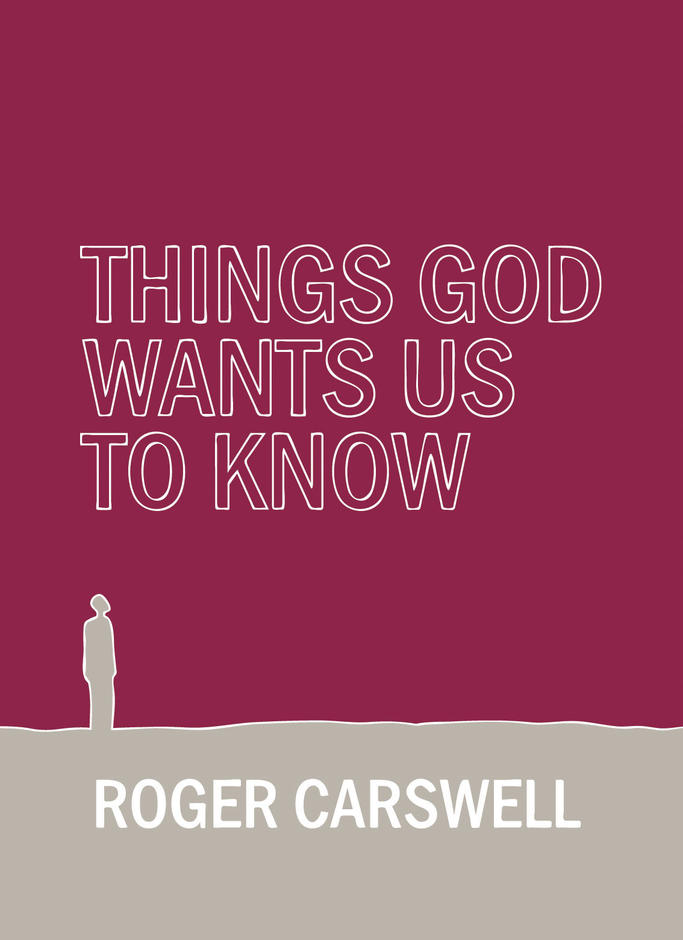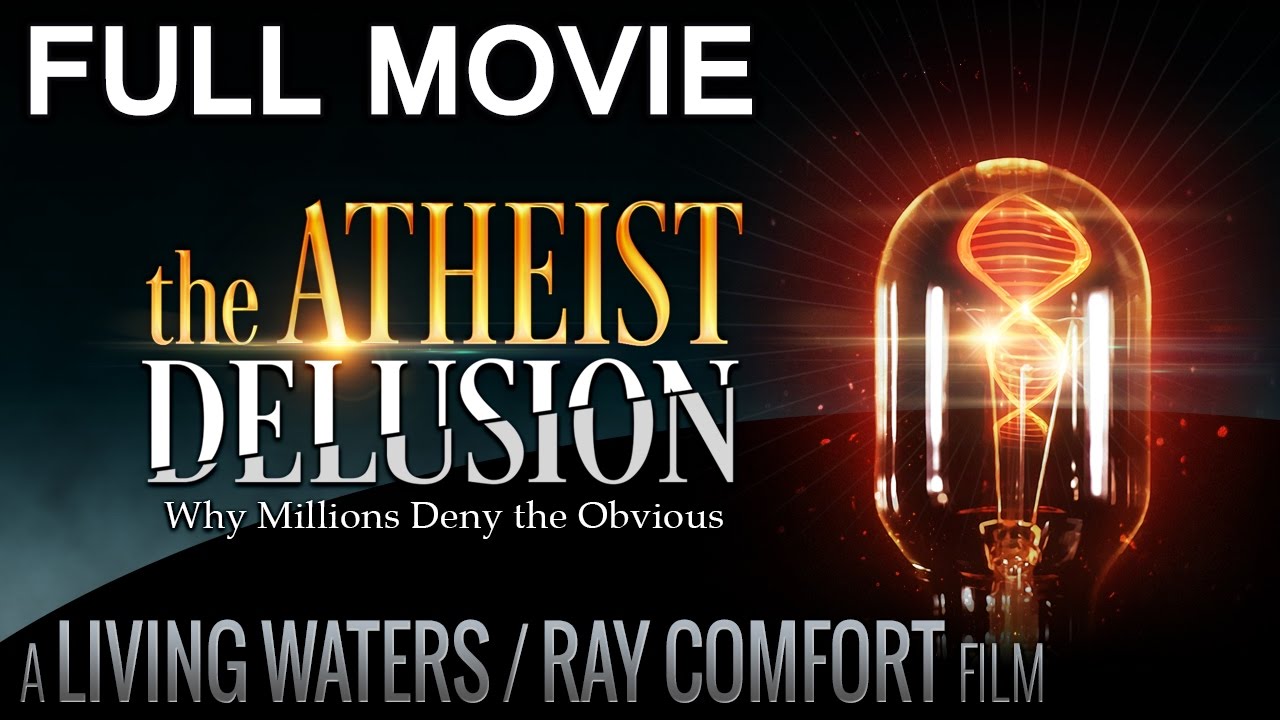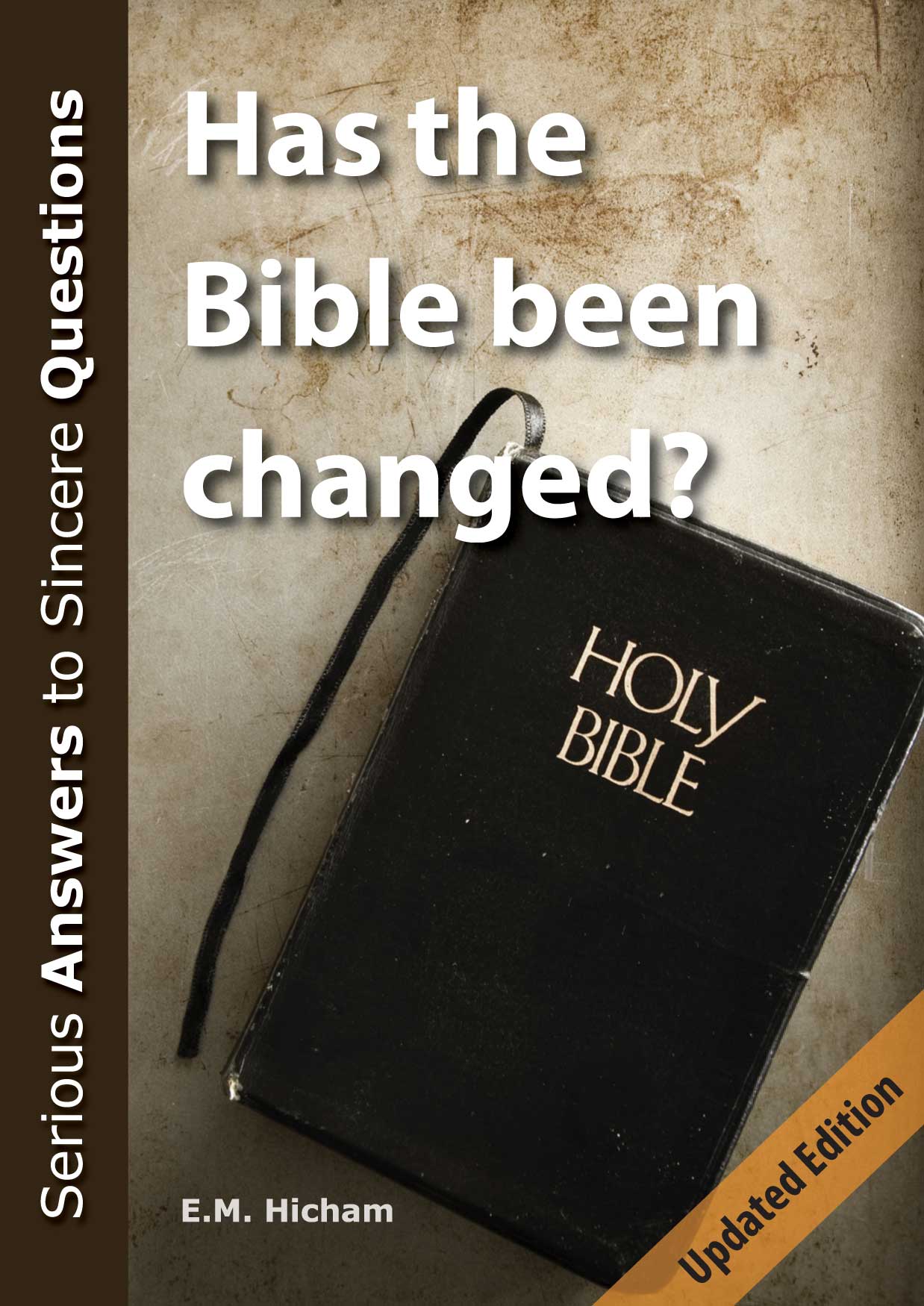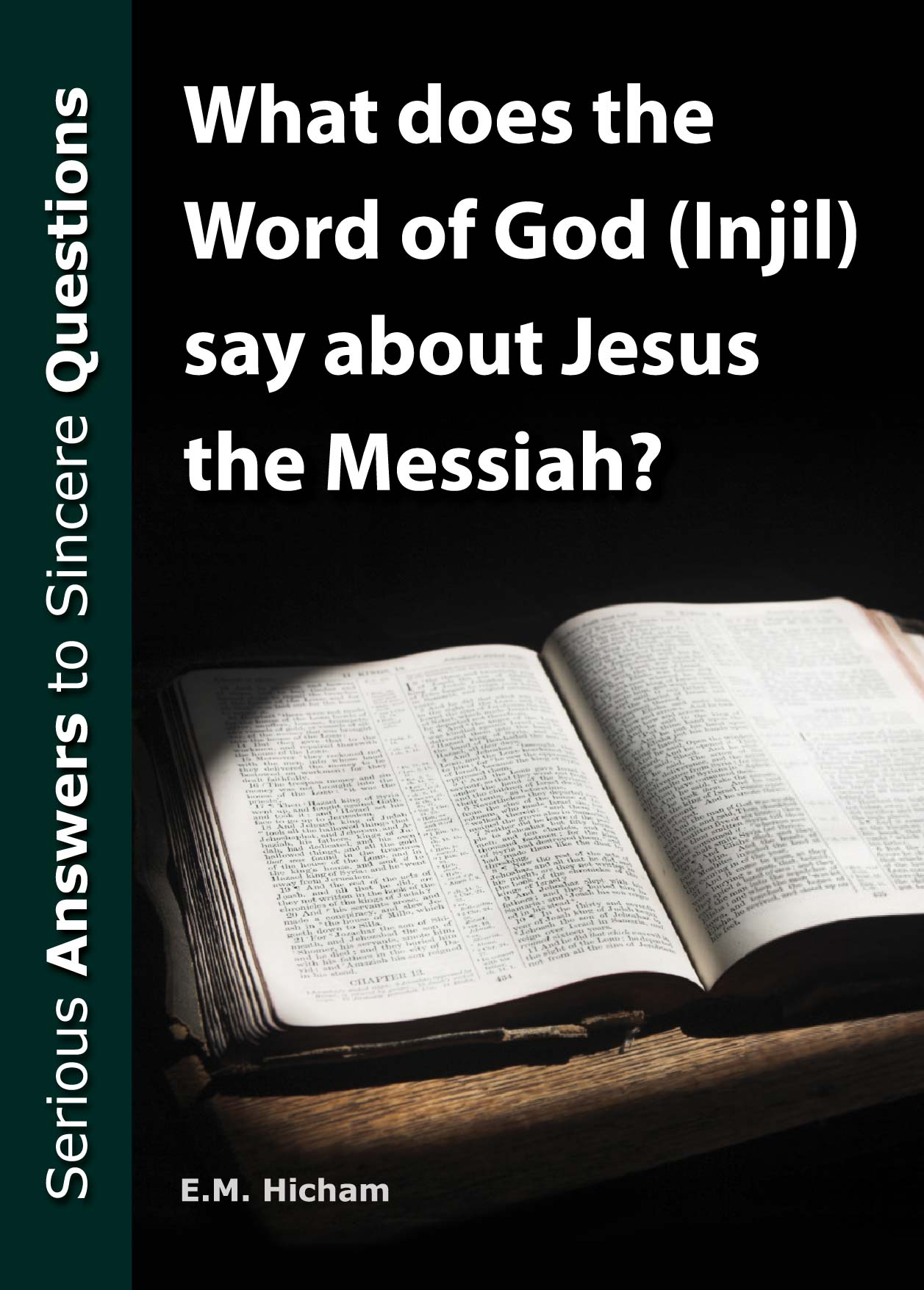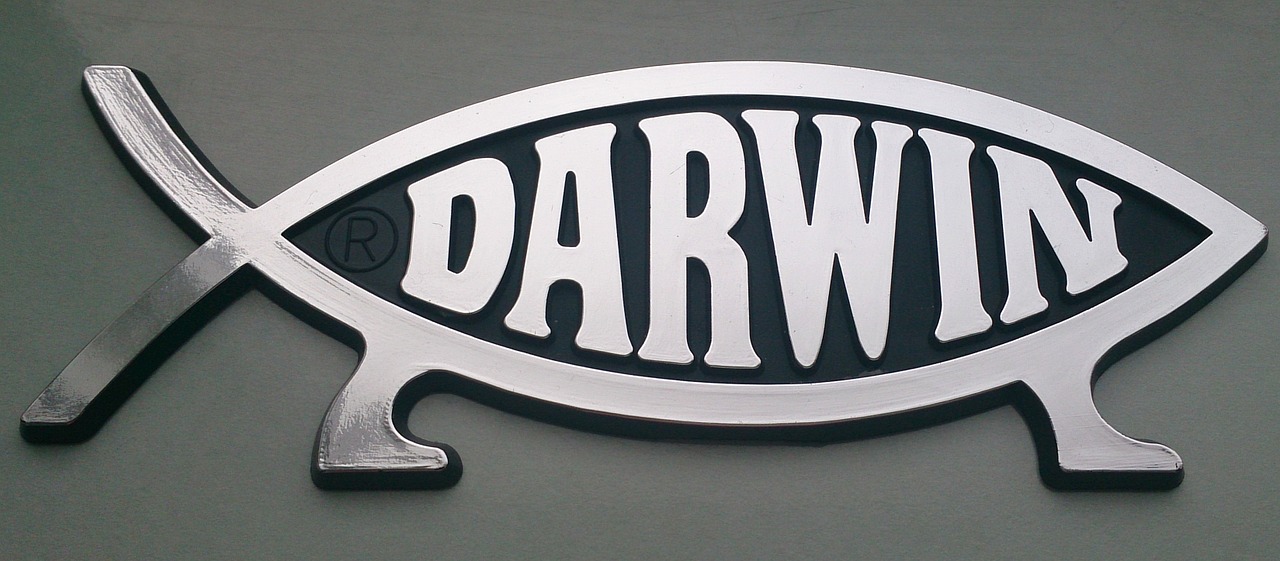Before you say, “I don’t believe.” Chapter 17
Why do think Jesus is so unforgettable?
 Not many of us celebrate or even know the birthdays of Nelson Mandela, Neil Armstrong or Winston Churchill, but over 2000 years after the birth of a baby in Bethlehem, millions the world over commemorate this event each Christmas.
Not many of us celebrate or even know the birthdays of Nelson Mandela, Neil Armstrong or Winston Churchill, but over 2000 years after the birth of a baby in Bethlehem, millions the world over commemorate this event each Christmas.
Jesus Christ is the most influential man in history, towering over all others. He was born in poverty and obscurity; as a youngster He was taken as a refugee to Egypt; He received no formal education, worked as a labourer, and never wrote a book or song. Jesus preached and ministered for only three years, and never spoke to flatter the authorities, refusing to compromise His message, and was eventually executed by crucifixion at the age of 33.
In those three years of public work, without travelling far, He made blind people see, mute people speak, and the deaf to hear. He healed lepers and lame people, He raised the dead back to life, He fed thousands of hungry people with just a few loaves and fishes; He instantly calmed a rough storm at sea, and walked on water, dispelling the fear of terrified fishermen.
Nobody spoke as Jesus did. He had authority. He gave to the world the highest moral standard, preaching only what He practised.
Jesus said, “Love your enemies, do good to those who hate you, bless those who curse you, pray for those who ill-treat you”, and “…turn the other cheek”.
Jesus gave dignity to women, respect to the disabled, significance to children, credibility to the family and status to each individual. He has made an indelible impact upon our literature, art, music, architecture and our democratic freedoms.
Judas, the disciple who ‘sold’ Him, cried “I have betrayed innocent blood”. Pilate, who, out of fear, ordered His crucifixion, said “I find no fault in him”.
In fact, it was impossible to fault Jesus Christ. He was utterly sinless, for He was ‘God manifest in the flesh’. The Bible says of Jesus, that God “became flesh and dwelt among us”.
At the age of 33 years, stripped naked, beaten and humiliated, Jesus died on a cross. As He hung there, God laid on Jesus the sin of us all. The Bible says: ‘For God so loved the world that He gave His only begotten Son, that whoever believes on Him should not perish, but have everlasting life.’ ‘Christ suffered once for our sins, the just for the unjust that He might bring us to God.’
He took the penalty in our place, so that we might be forgiven for all our sin.
 Three days later, the tomb where Jesus was laid was empty – He had risen from the dead. He was alive. Over an extended period Jesus showed Himself to many people. He changed their lives, giving peace and hope.
Three days later, the tomb where Jesus was laid was empty – He had risen from the dead. He was alive. Over an extended period Jesus showed Himself to many people. He changed their lives, giving peace and hope.
Throughout the Bible, Jesus is the focus. Written over sixteen hundred years by about forty different people, it first looks forward to His coming. Then it describes His birth, life, teaching, work, death and resurrection. Finally, it applies all that Jesus did to our lives and world. The Bible contains four biographies of Jesus: Matthew focuses on Jesus as the anticipated king; Mark looks at Jesus as the suffering servant; Luke describes Jesus as the Saviour who is the Son of Man, and John’s Gospel concentrates on Jesus as the Son of God. That is why we do not have an account of the birth of Jesus in Mark’s Gospel – nobody was concerned about the birth of a servant, or in John’s Gospel – for deity does not have a birth. God, the Word, encases Himself in humanity, as God the creator became the neighbour of the people whom He had made.
John, the youngest of Jesus’ twelve disciples, tells us that he wrote his Gospel with the aim that people would believe in Jesus and, as a consequence, have eternal life. Time and again throughout his biography, we are encouraged to simply believe in Jesus.
Jesus Christ came to earth with a mission. He came not to call righteous people, but sinners, to Himself. He was more than a great example to us. He was more than a supreme teacher. He accomplished more than the performance of miracles. The Bible states: ‘The Father sent the Son to be the Saviour of the world.’
Jesus said: “I am the way, the truth and the life; no one comes to the Father, but through me”.
Millions have followed Jesus because they love Him. Civilisation and nations have been changed as people have come to know God. Most important of all is that He transforms individuals.
Jesus Christ can bring people into an everlasting relationship with God. Instead of the hell we deserve, through forgiving our sin, He can, reserve a place in Heaven for us. When an individual turns his or her back on sin and trusts Christ, He forgives the person, and makes everything new. He becomes a constant Companion and helps in all the decision-making of life. For twenty centuries Jesus Christ has become the most valued Saviour to people all over the world.
 On her Christmas Day message to the Commonwealth, 2011, just before the year of her diamond jubilee celebrations, Queen Elizabeth, said:
On her Christmas Day message to the Commonwealth, 2011, just before the year of her diamond jubilee celebrations, Queen Elizabeth, said:
“For many, this Christmas will not be easy. With our armed forces deployed around the world, thousands of service families face Christmas without their loved ones at home.
“The bereaved and the lonely will find it especially hard. And, as we all know, the world is going through difficult times. All this will affect our celebration of this great Christian festival.
“Finding hope in adversity is one of the themes of Christmas. Jesus was born into a world full of fear. The angels came to frightened shepherds with hope in their voices: ‘Fear not’, they urged, ‘we bring you tidings of great joy, which shall be to all people, For unto you is born this day in the City of David a Saviour who is Christ the Lord.’
“Although we are capable of great acts of kindness, history teaches us that we sometimes need saving from ourselves – from our recklessness or our greed.
“God sent into the world a unique person – neither a philosopher nor a general, important though they are, but a Saviour, with the power to forgive.
“Forgiveness lies at the heart of the Christian faith. It can heal broken families, it can restore friendships and it can reconcile divided communities. It is in forgiveness that we feel the power of God’s love.
“In the last verse of this beautiful carol, O Little Town of Bethlehem, there’s a prayer:
O Holy Child of Bethlehem,
Descend to us we pray.
Cast out our sin
And enter in.
Be born in us today.
“It is my prayer that on this Christmas day we might all find room in our lives for the message of the angels and for the love of God through Christ our Lord.”
this Christmas day we might all find room in our lives for the message of the angels and for the love of God through Christ our Lord.”






